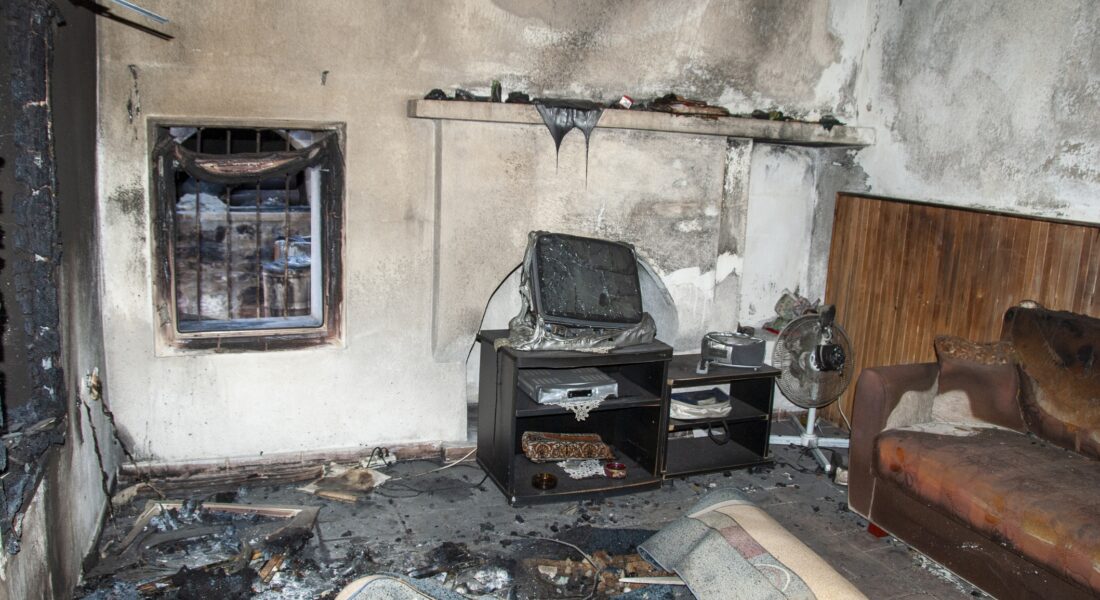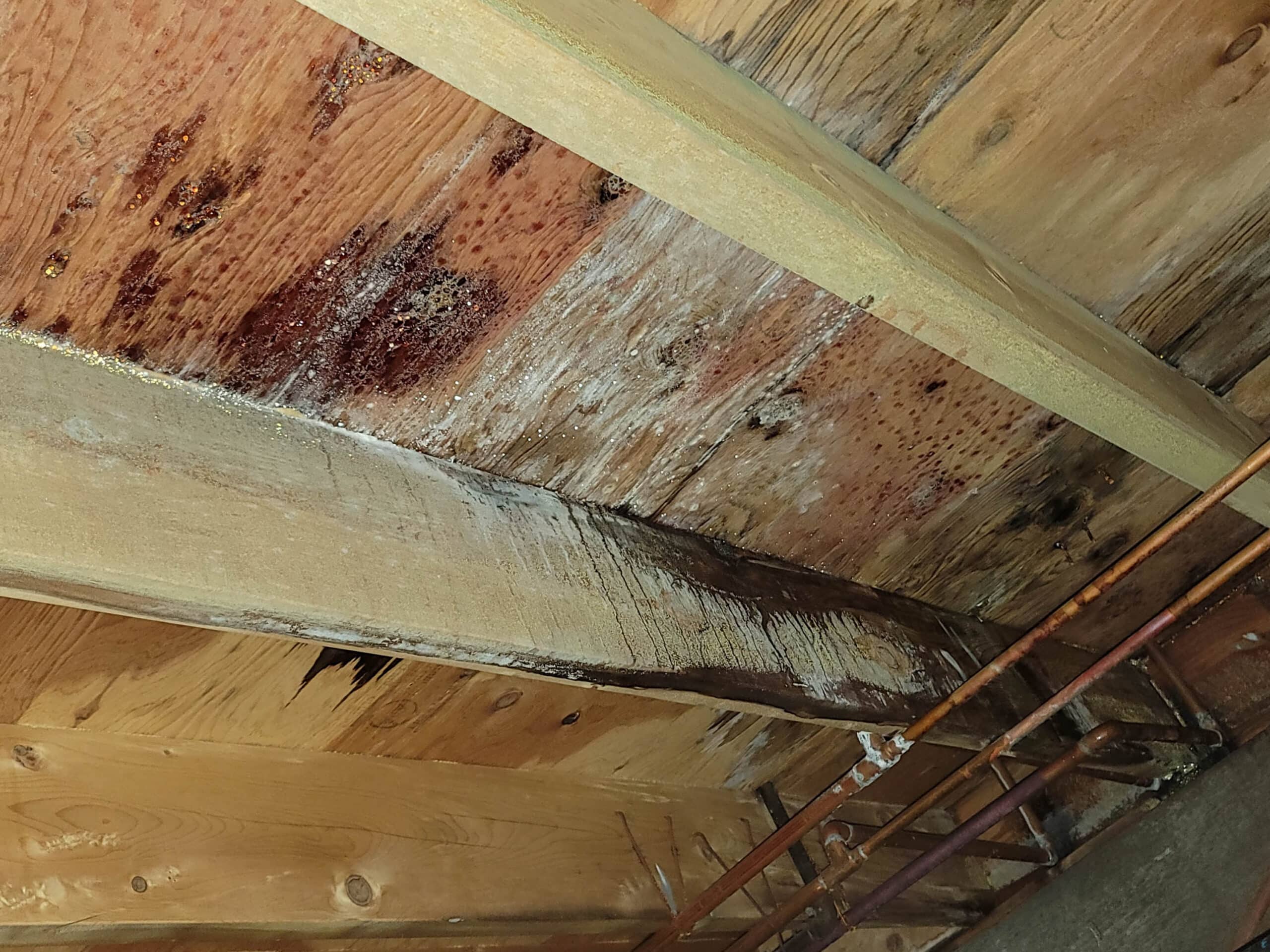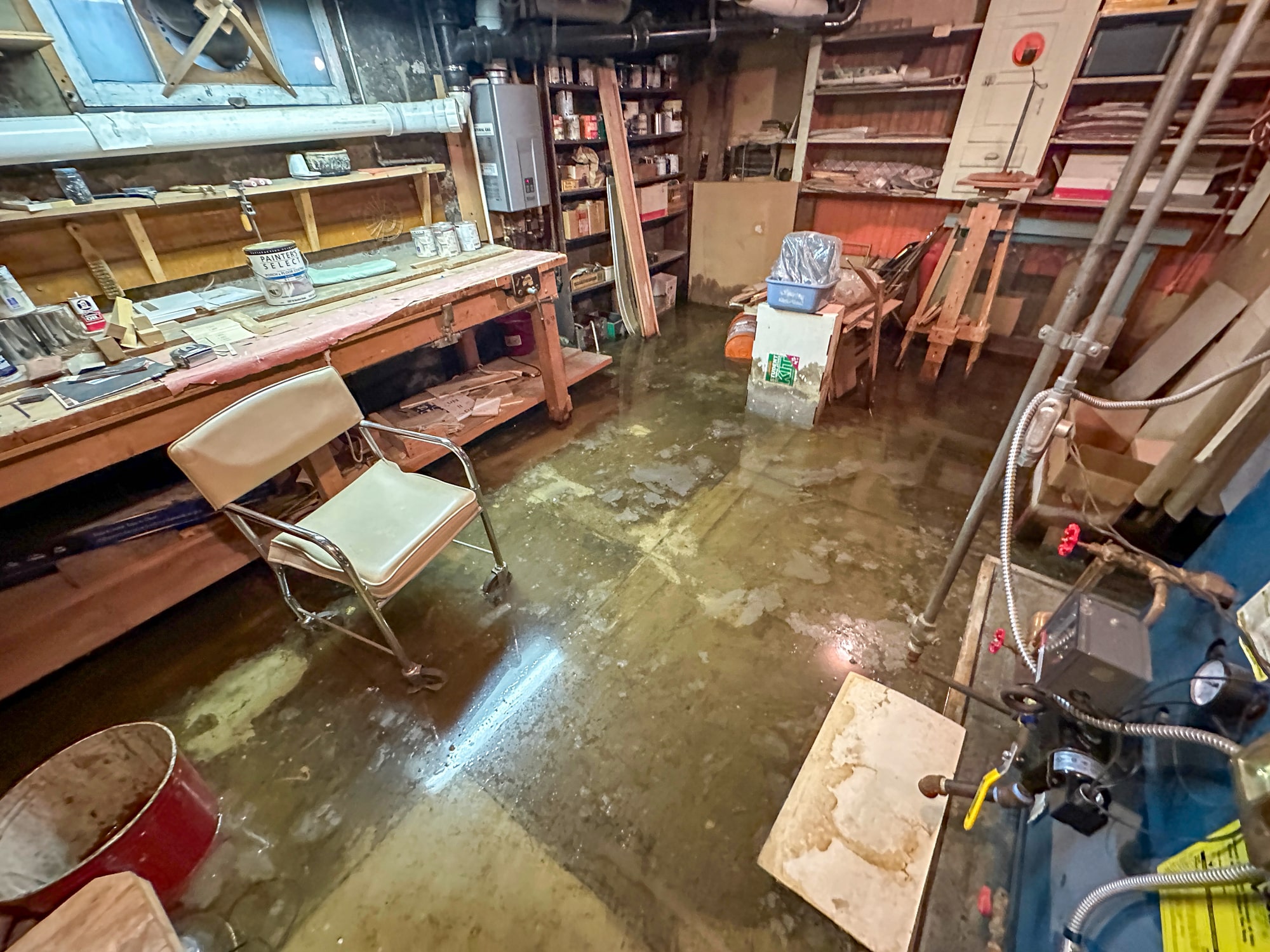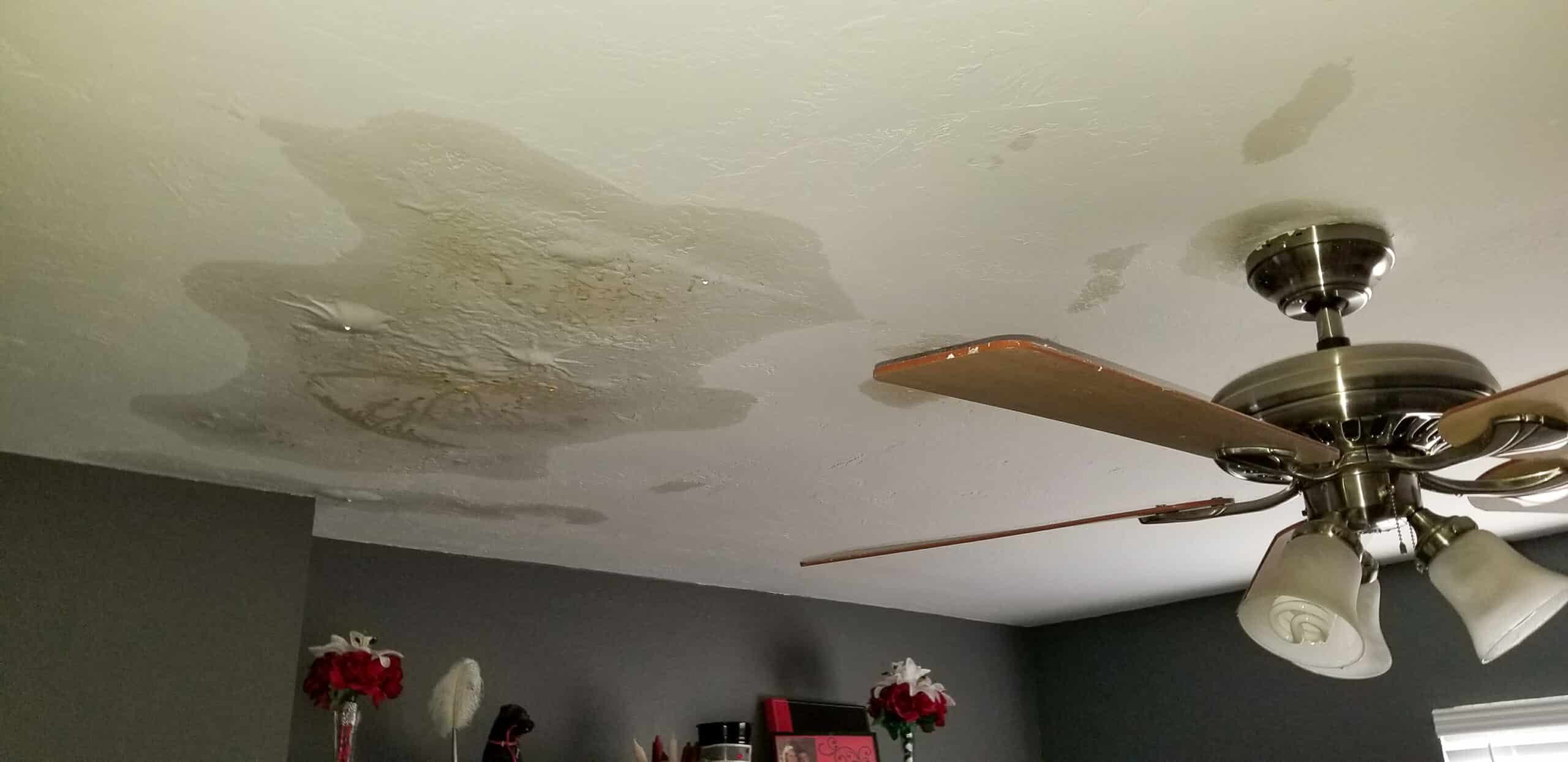As we step into a new year, it’s the perfect time for homeowners to reassess fire safety measures and take proactive steps to prevent potential fire hazards. Fires can start unexpectedly, but with proper precautions, you can significantly reduce the risks and protect your family and property.
Here are essential fire prevention tips every homeowner should follow.
1. Check and Maintain Smoke Detectors
Smoke detectors are a crucial first line of defense in fire safety. Follow these steps to ensure they are functioning correctly:
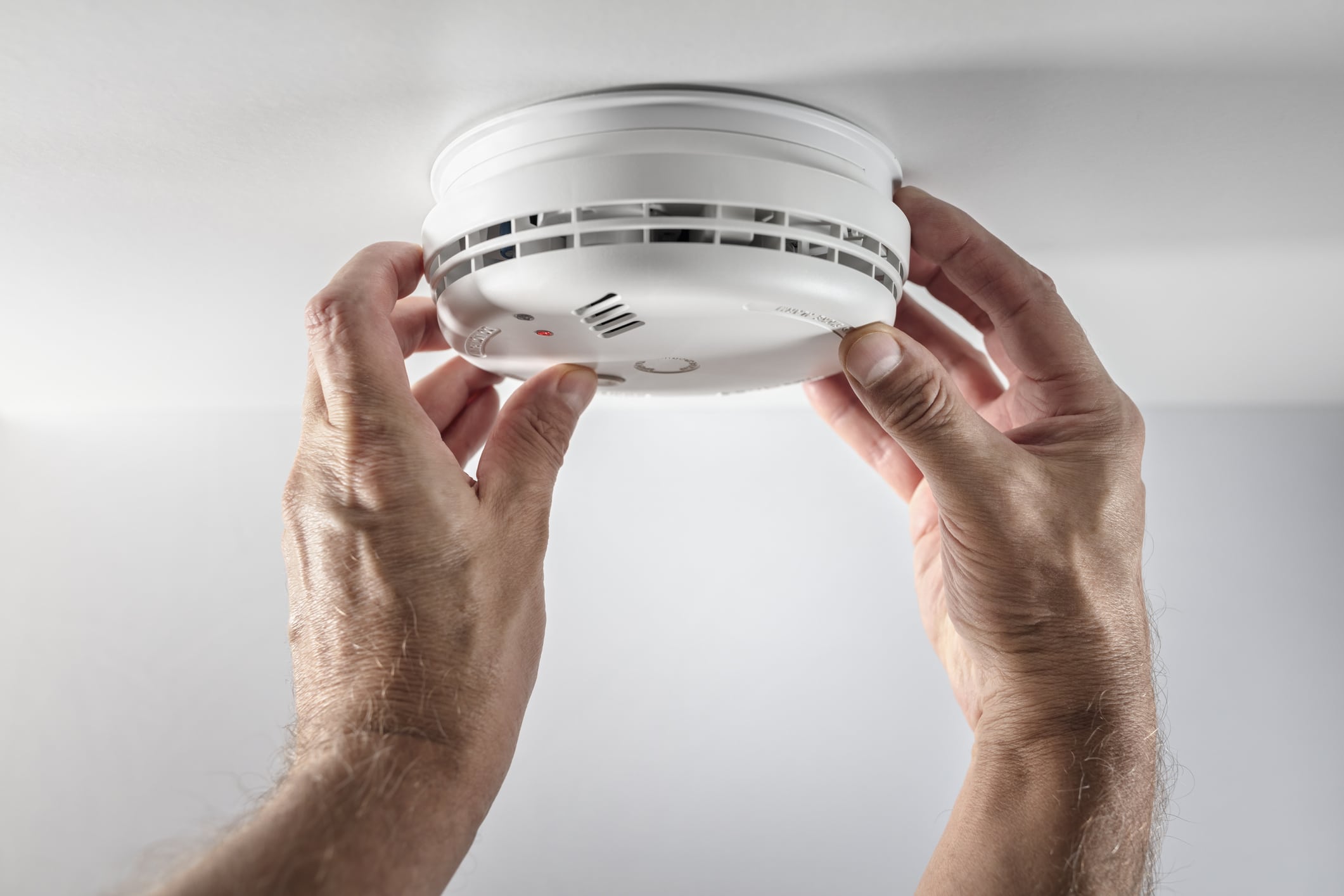
- Test smoke alarms monthly by pressing the test button.
- Replace batteries at least once a year or when you hear a low-battery warning.
- Install smoke detectors on every level of your home, especially near bedrooms.
- Replace smoke detectors every 10 years or according to the manufacturer’s recommendations.
2. Create and Practice a Fire Escape Plan
Having a well-thought-out fire escape plan can save lives. Here’s how to create one:
- Identify at least two escape routes from each room in your home.
- Designate a safe meeting place outside where all family members should gather.
- Practice fire drills twice a year to ensure everyone knows what to do in an emergency.
- Teach children how to exit safely and avoid hiding during a fire.
For more info on creating a disaster plan, read our article: What to Do When Holiday Disasters Strike: A Quick Action Plan
3. Avoid Electrical Overloads
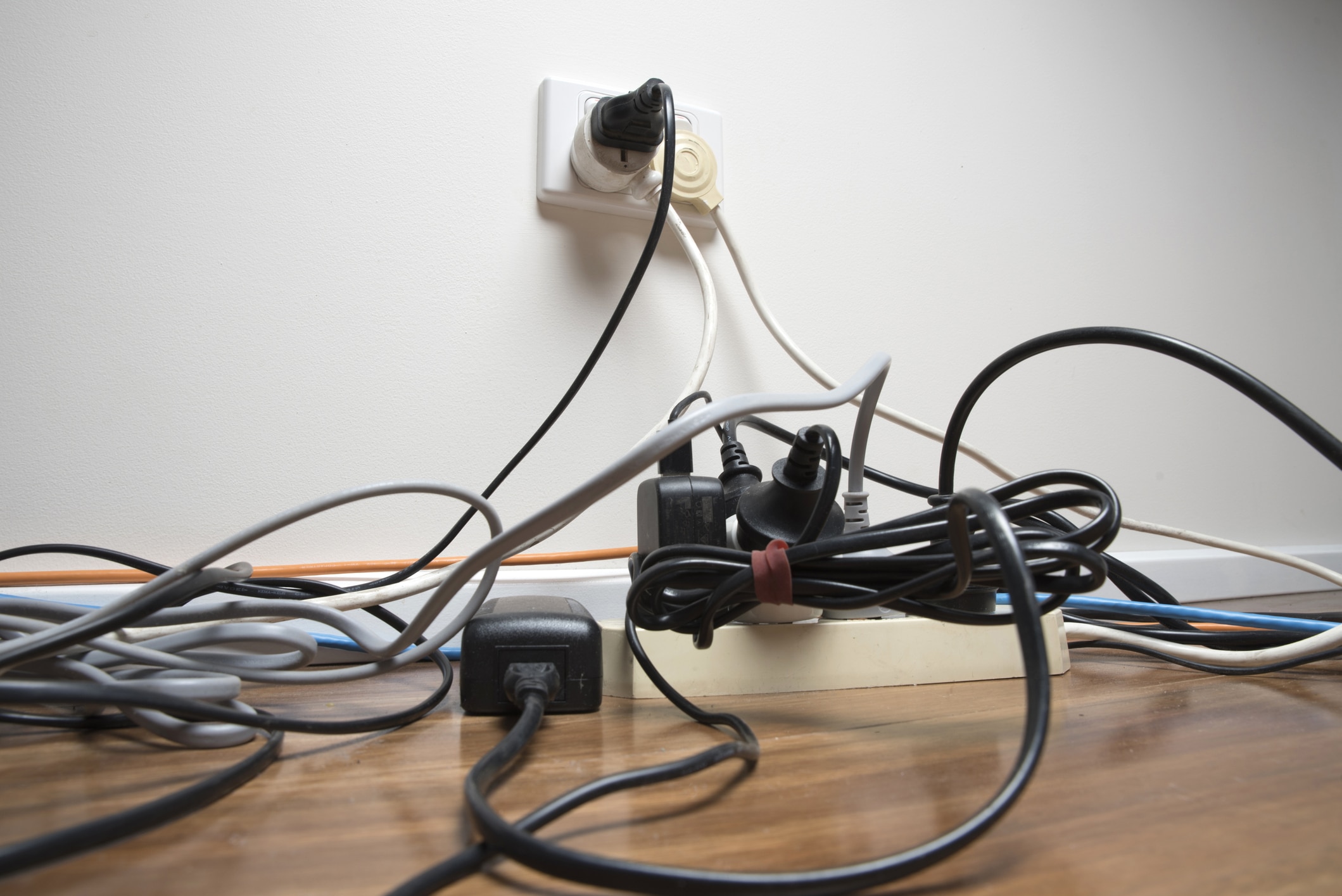
Electrical fires are a common cause of home fires. Prevent them by:
- Using power strips and surge protectors correctly without overloading outlets.
- Inspecting electrical cords for frays or damage and replacing faulty ones immediately.
- Hiring a licensed electrician to check and update outdated wiring.
- Avoiding the use of extension cords as permanent wiring solutions.
4. Be Cautious with Heating Equipment
Winter months increase the risk of heating-related fires. Follow these safety measures:
- Keep space heaters at least three feet away from flammable materials like curtains and bedding.
- Never leave space heaters unattended or running while sleeping.
- Have your fireplace and chimney inspected and cleaned annually by a professional.
- Ensure furnaces and water heaters are well-maintained and functioning correctly.
For more fireplace safety tips, read our article: Fireplace Safety Tips for Winter
5. Practice Safe Cooking Habits
Cooking fires are a leading cause of house fires. To reduce risks of fire damage:
- Never leave cooking food unattended, especially when using high heat.
- Keep flammable items, such as kitchen towels and paper towels, away from stovetops.
- Keep a fire extinguisher in the kitchen and know how to use it.
- Turn pot handles inward to prevent accidental spills and burns.
Thanksgiving is a particularly high-risk time for cooking fires. Find more holiday cooking safety tips here: Thanksgiving Cooking Safety: Avoiding the Most Common Kitchen Fires
6. Store Flammable Materials Safely
Proper storage of combustible items can prevent unexpected fires. Follow these guidelines:
- Keep gasoline, propane, and other flammable liquids in well-ventilated areas away from living spaces.
- Store oily rags in metal containers with tight-fitting lids to prevent spontaneous combustion.
- Dispose of old newspapers and clutter that could serve as fuel in case of a fire.
7. Install Fire Extinguishers
Fire extinguishers can help control small fires before they spread. Ensure your home is equipped with:
- At least one extinguisher in high-risk areas such as the kitchen and garage.
- Multi-purpose (ABC) fire extinguishers that can handle different types of fires.
- Regular maintenance checks to ensure they are fully charged and easily accessible.
Wrapping Up
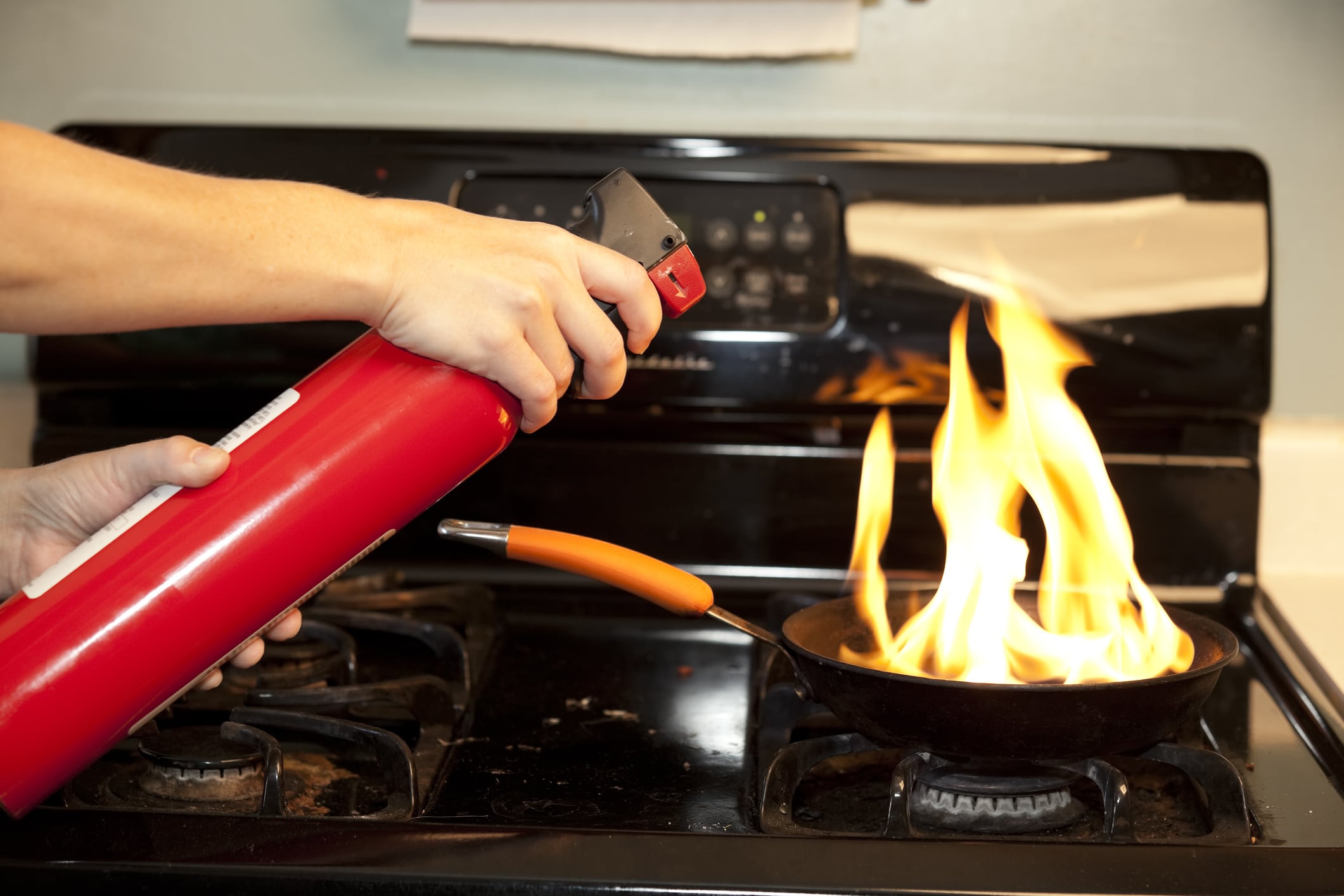
Fire prevention requires consistent effort and awareness. By checking smoke detectors, creating an escape plan, avoiding electrical overloads, and practicing safe habits, homeowners can significantly reduce fire risks.
Despite taking all necessary precautions, fire damage can still occur. If you experience fire-related damage in your home, contact 24 Hour Flood Pros for professional fire damage restoration services.
Our expert team is available around the clock to help restore your home quickly and efficiently. Make fire safety a priority this year to ensure a safe and secure home for you and your loved ones.

